Alphabet Worksheets Activities With Answers for Ages 6-9
15 filtered results
-
From - To
Discover engaging Alphabet Worksheets Activities tailored for children ages 6-9! Our resources are designed to enhance early literacy skills with fun, interactive exercises. These worksheets include captivating games, tracing activities, and puzzle challenges that make learning the alphabet enjoyable. Each activity is crafted to strengthen letter recognition, phonetics, and vocabulary, ensuring a comprehensive understanding of the alphabet. Plus, easy-to-follow answer keys make assessments simple for parents and teachers alike. Whether at home or in the classroom, these worksheets offer a valuable tool to support young learners on their educational journey. Download now and inspire kids to thrive in their reading adventures!


Rhyming Words: Assessment Worksheet
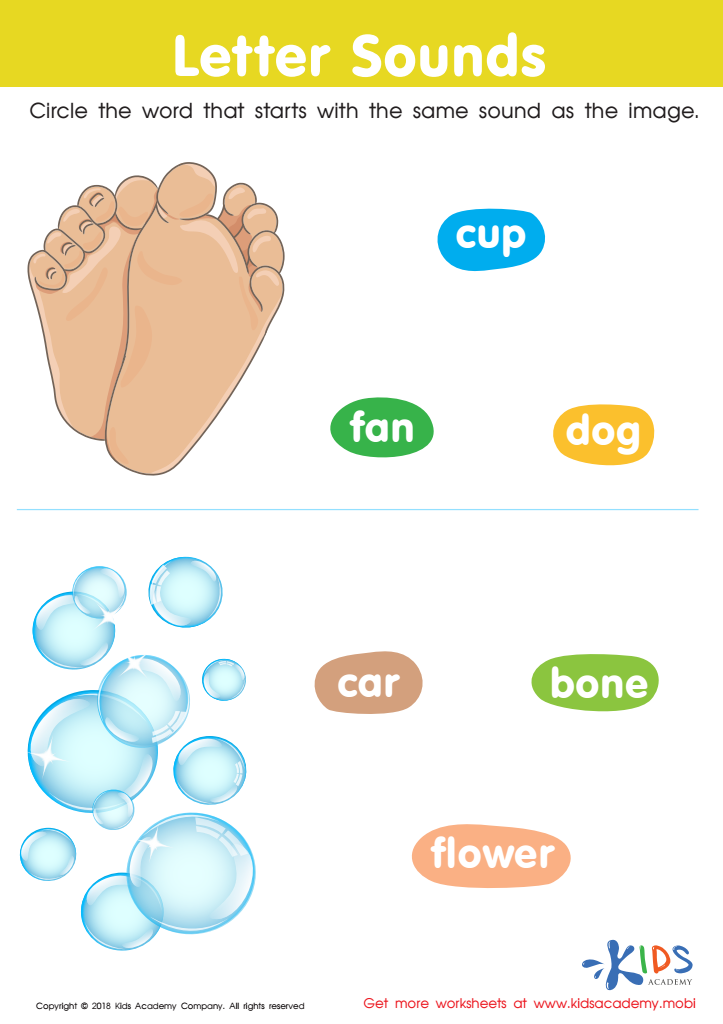

letter sounds Worksheet


Let's Check Long Vowels: Assessment Worksheet
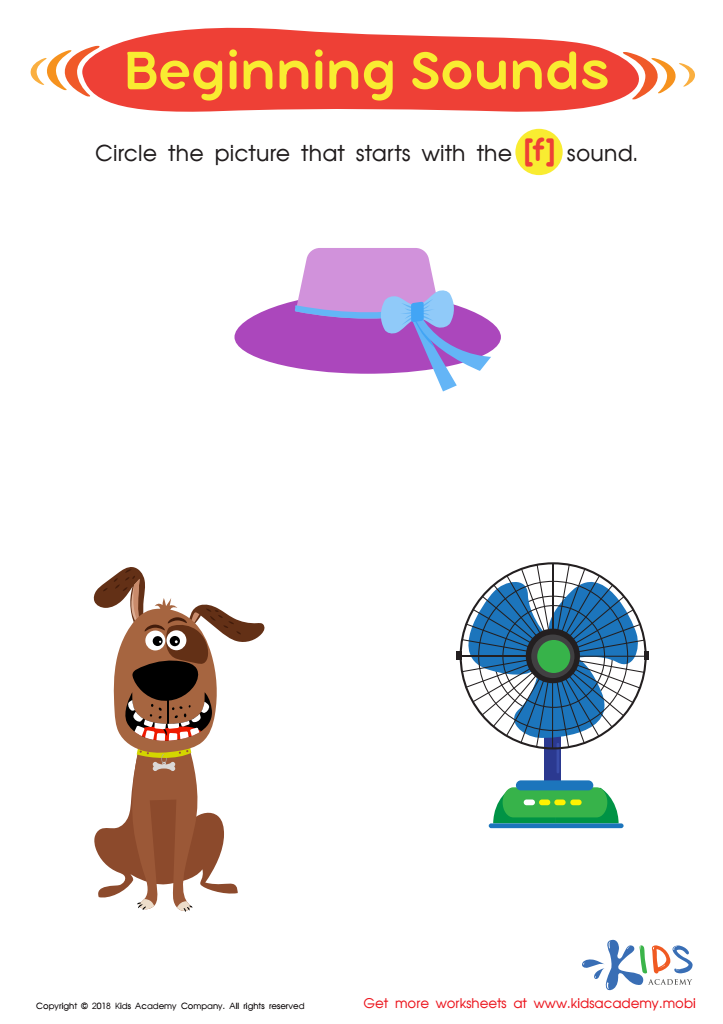

Beginning Sounds Assessment Printable


Phonics and Word Recognition: Assessment 3 Worksheet


Vowel and Consonant Sounds: Assessment Worksheet
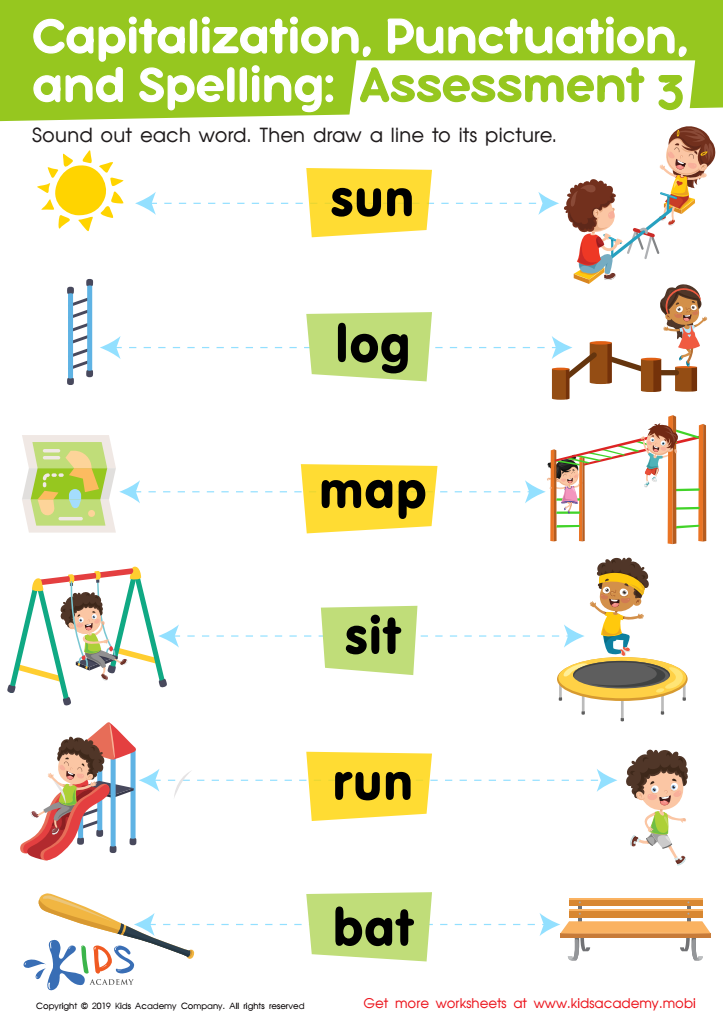

Capitalization. Punctuation. Spelling. Assessment 3 Worksheet
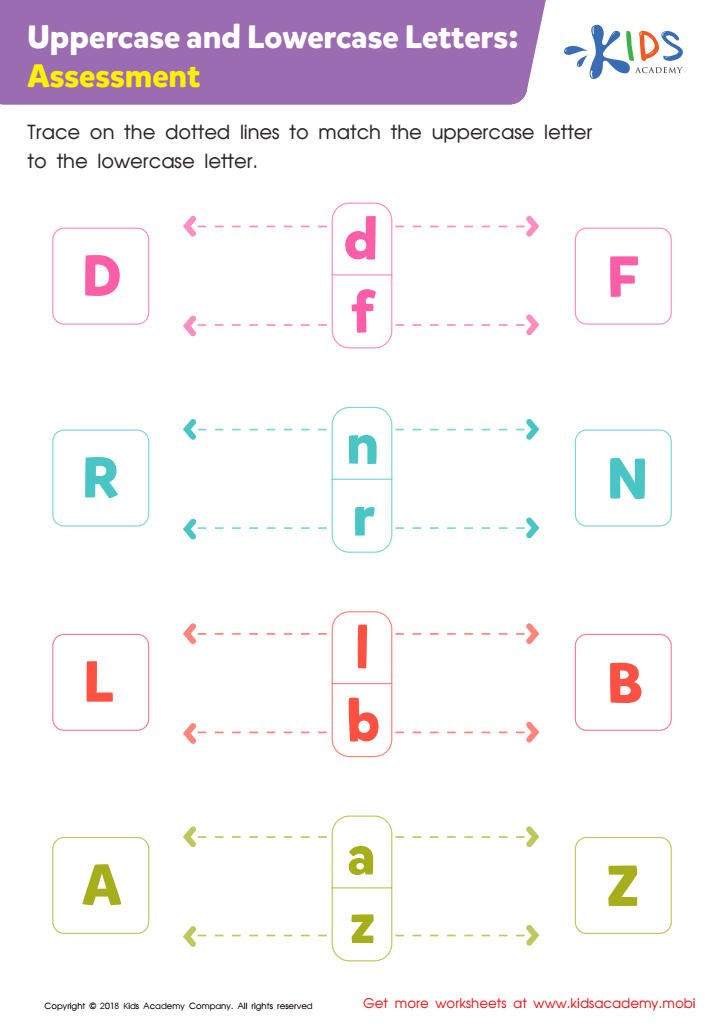

Uppercase and Lowercase Letters: Assessment Worksheet


Phonics and Word Recognition: Assessment 1 Worksheet


Long and Short Vowel Sentences: Assessment Worksheet


Phonics and Word Recognition: Assessment 1 Worksheet
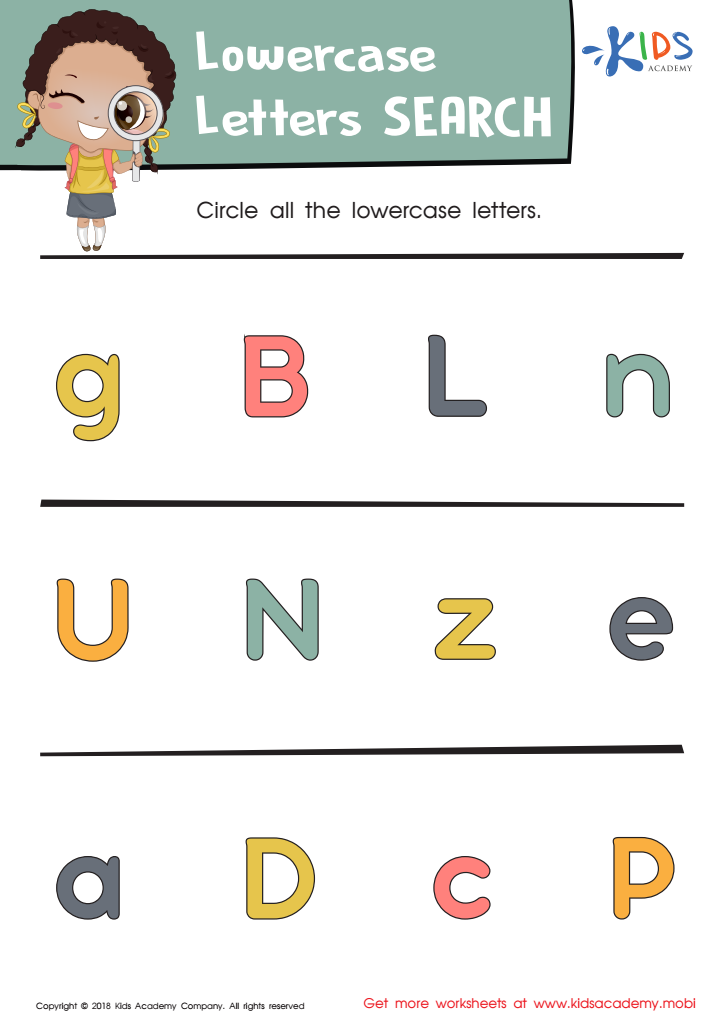

Lowercase Letters Search: Assessment Worksheet
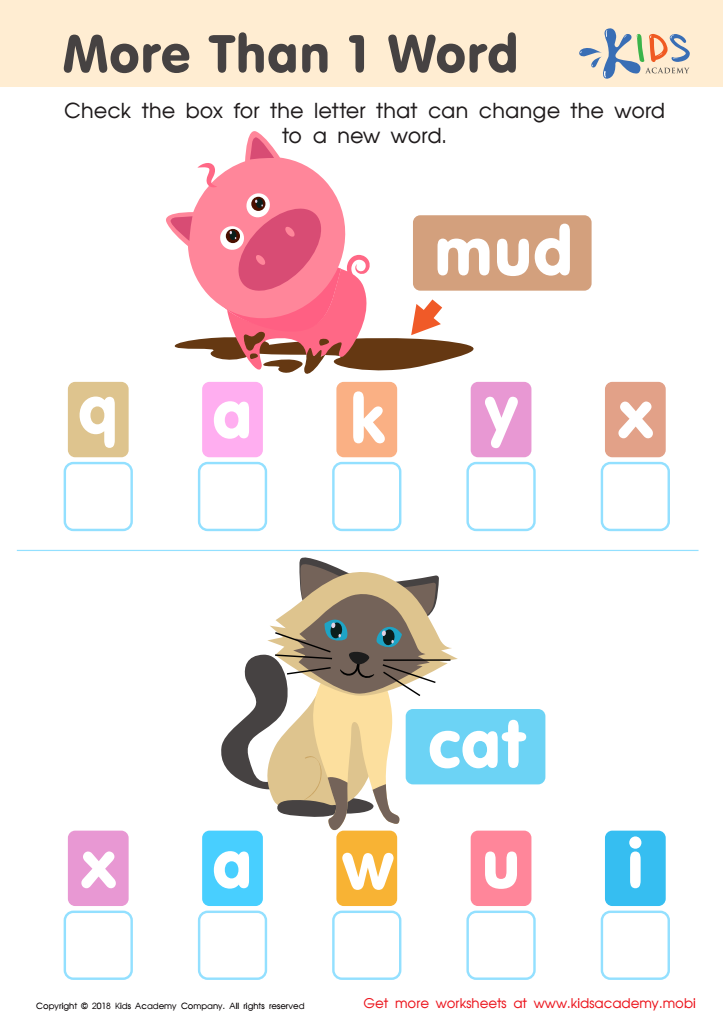

More than 1 word Worksheet


Phonics and Word Recognition: Assessment 2 Worksheet
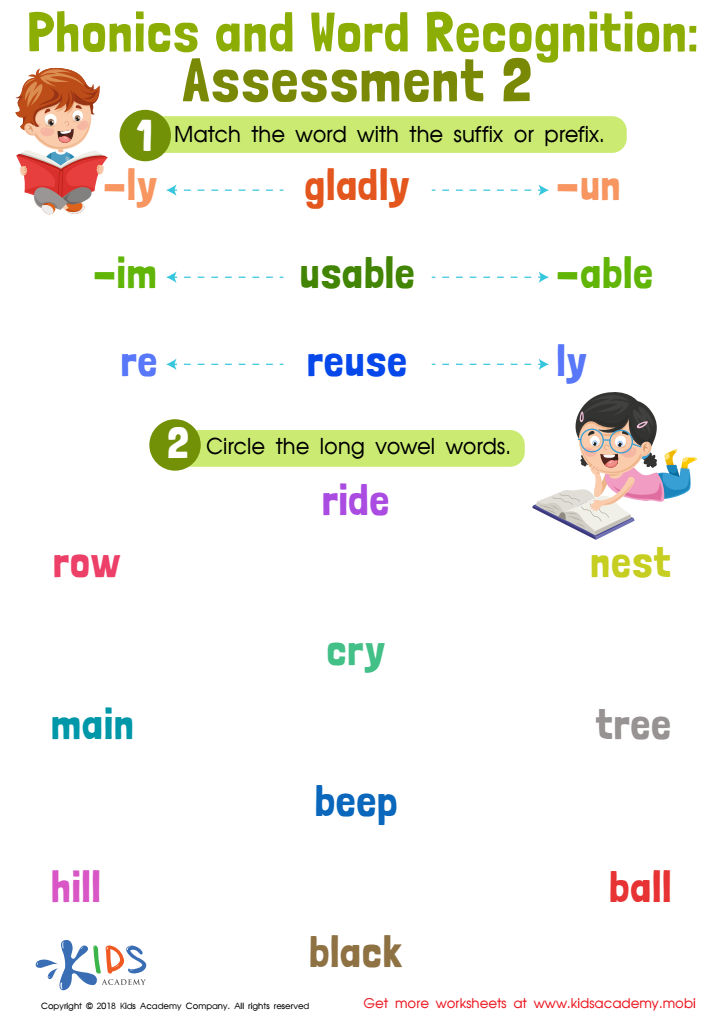

Phonics and Word Recognition: Assessment 2
Alphabet activities for children aged 6-9 play a crucial role in their early literacy development and overall learning experience. During this stage, children are transitioning from learning letters to forming words and understanding their sounds. Engaging in alphabet activities helps reinforce their knowledge of the alphabet while making learning enjoyable.
Firstly, these activities strengthen phonemic awareness, which is essential for reading proficiency. When children actively participate, whether through games, worksheets, or hands-on activities, they can identify letters, sounds, and their relationships more effectively. This lays the foundation for decoding and spelling words.
Moreover, interactive alphabet activities promote critical thinking and problem-solving skills. They often encourage working collaboratively or independently to complete tasks, fostering social skills as well as perseverance. Such activities also cater to different learning styles, accommodating visual, auditory, and kinesthetic learners.
Lastly, parental and teacher involvement in these activities can greatly enhance a child’s motivation and self-esteem. Supporting literacy initiatives helps build positive attitudes towards learning, ultimately leading to better academic outcomes. Therefore, ensuring access to engaging alphabet activities is essential for both parents and teachers committed to nurturing confident and skilled readers.
 Assign to My Students
Assign to My Students















